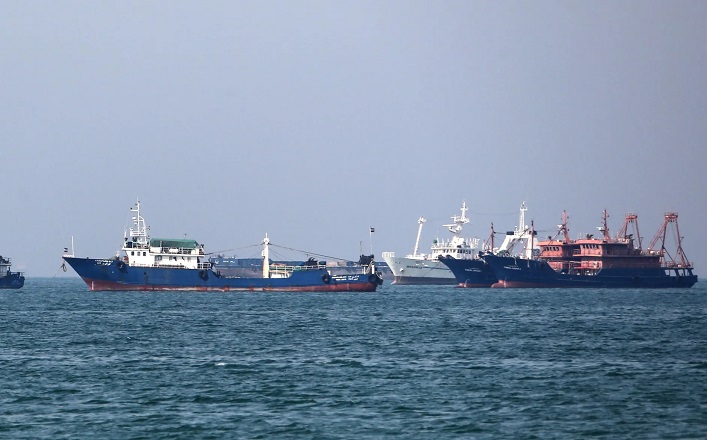The Iranian parliament has approved a bill to block this vital shipping route for oil exports in response to recent US airstrikes on Iranian nuclear facilities.
The Strait of Hormuz is one of the world’s key maritime passages, through which about 20% of the world’s oil flows. It is the main route for tankers from countries like Saudi Arabia, the UAE, Qatar, Kuwait, Iraq, and Iran. As a result, oil prices increased on June 23: August Brent and WTI futures rose to $78 and $75 per barrel, respectively.
Goldman Sachs forecasts that if the Strait is closed, Brent could briefly reach $110 per barrel, but the average price is expected to fall to $95 in late 2025. Experts also warn that the European gas market’s TTF price could climb to €74 per MWh ($900 per 1,000 cubic meters).
IMF Managing Director Kristalina Georgieva warns that US strikes on Iran could have broader economic effects beyond energy markets. The IMF views the conflict as another source of uncertainty that negatively affects the global economy and businesses.
